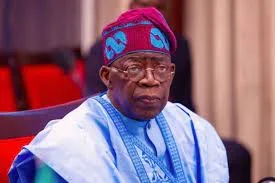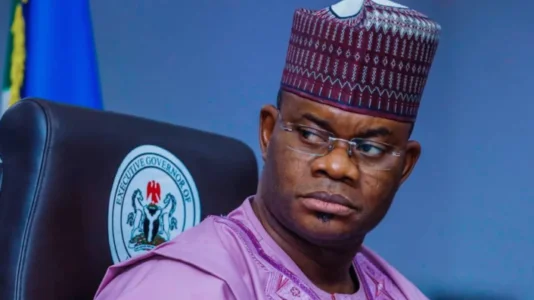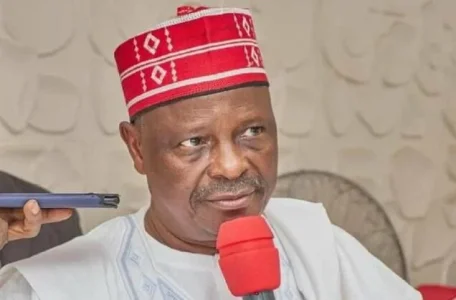
The Nigerian government has recently committed to improving the welfare of journalists, but this pledge has ignited a debate. People are raising questions about the authenticity of the government's commitment. Is it a genuine effort to foster an environment where journalistic truth and integrity flourish, or is it a subtle strategy to manipulate and control media narratives?
Critics, including investigative journalist David Hundeyin (@DavidHundeyin), express scepticism. Hundeyin anticipates a scenario where financial incentives might align journalistic content with government-approved narratives, compromising objectivity and truth in reporting.
The discourse also includes voices like Truths With Abiola (@biolarr), who highlight the challenges that objective journalism faces in Nigeria, such as financial strains and regulatory sanctions. This perspective underscores the precarious landscape where journalists navigate between upholding truth and facing potential repercussions.
The government, led by President Bola Tinubu, is under scrutiny for this pledge. The essential question remains: Will this commitment genuinely bolster the journalists' ability to uphold and support the truth, or is it a calculated move aimed at controlling and influencing the media landscape in Nigeria?
Each word in this narrative carries the weight of a broader struggle for journalistic freedom and integrity in the face of political strategies and controls. Only time will unveil this governmental pledge's true nature and impact on the journalistic pursuit of truth in Nigeria.




